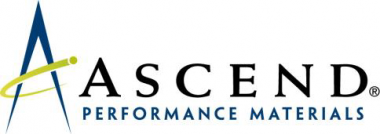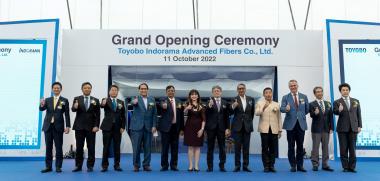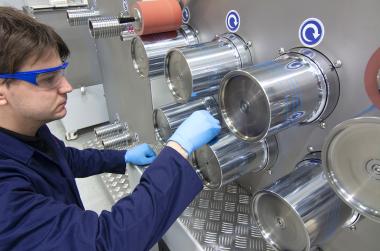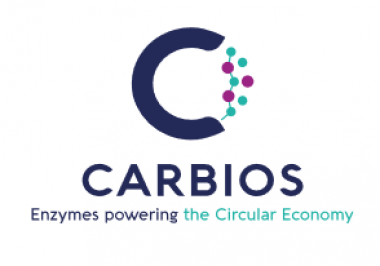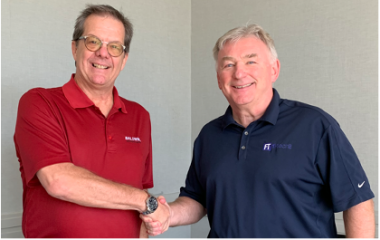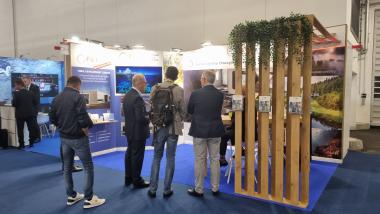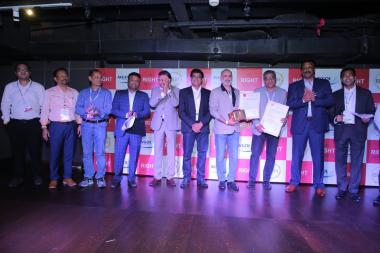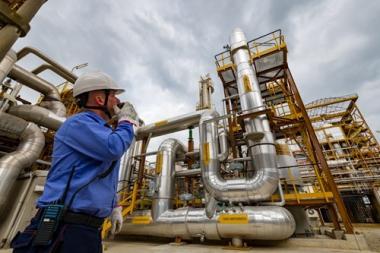AkzoNobel launches sustainable biocide-free range for boaters
Recreational boaters now have an easy way to be more sustainable following the introduction of a new biocide-free (B-Free) fouling control range from AkzoNobel’s Yacht Coatings business.
The first product to be launched from the new B-Free range is B-Free Explore. It features a specially-developed, unique silicone polymer technology which produces an exceptionally smooth and slick hull – helping to reduce drag.
Fouling is controlled by preventing microorganisms such as barnacles, slime and algae from forming strong bonds with the hull of the boat. Any that do adhere can be simply wiped away by hand or water jet.
“We’ve developed high-performance technology which allows boaters to maintain a clean, smooth hull,” explains Simon Parker, Director of AkzoNobel’s Marine and Protective Coatings business. “It’s based on proven technology and exemplifies the restless spirit of innovation which has been the cornerstone of our International brand for more than 140 years.”
Adds Jemma Lampkin, Global Commercial Director for AkzoNobel’s Yacht Coatings business: “Boaters are becoming more aware of the impact they can have on the environment, but they still require technologies that deliver high-performance fouling control. B-Free Explore provides a stand-out solution for both of these challenges.”
Specially crafted for the leisure boat market, B-Free Explore is the culmination of a five-year development program. It can be applied to new hulls or directly to existing antifouling, without the need for the removal of the previous antifouling coating. This makes it simple for boaters to upgrade from their traditional coatings to the new technology.
The new product is also better for the marine ecosystem. Being biocide-free, it provides a smooth surface for improved hull efficiencies, which can lead to a reduced carbon footprint.
Currently being introduced in Northern Europe, B-Free Explore will be rolled out across Germany, the Netherlands, Norway and Sweden in January 2023.








